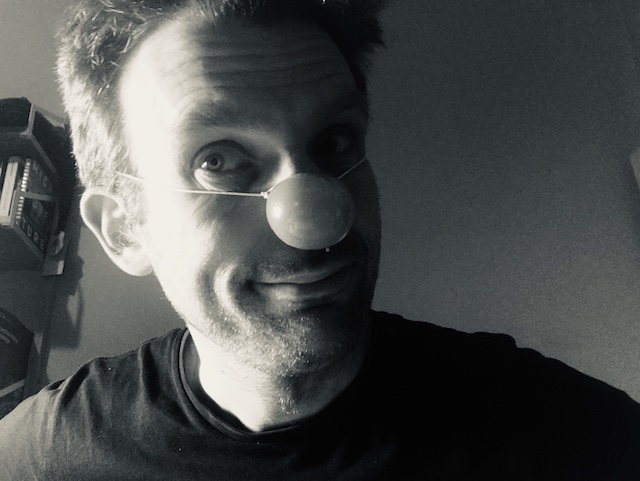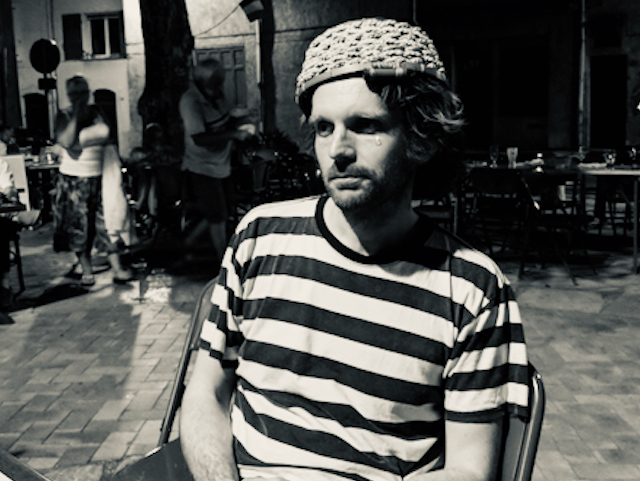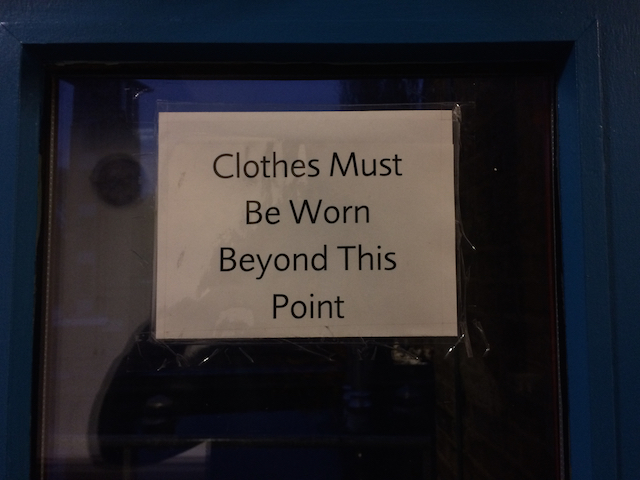Tag: decision-making
You are a world class performer at living your typical day. No one else has practised the precise set of habits, in the same precise sequence that makes…
It’s a phrase I picked up a long time ago from Tim Ferriss and it has stuck. What you do is much more important than how you do…





